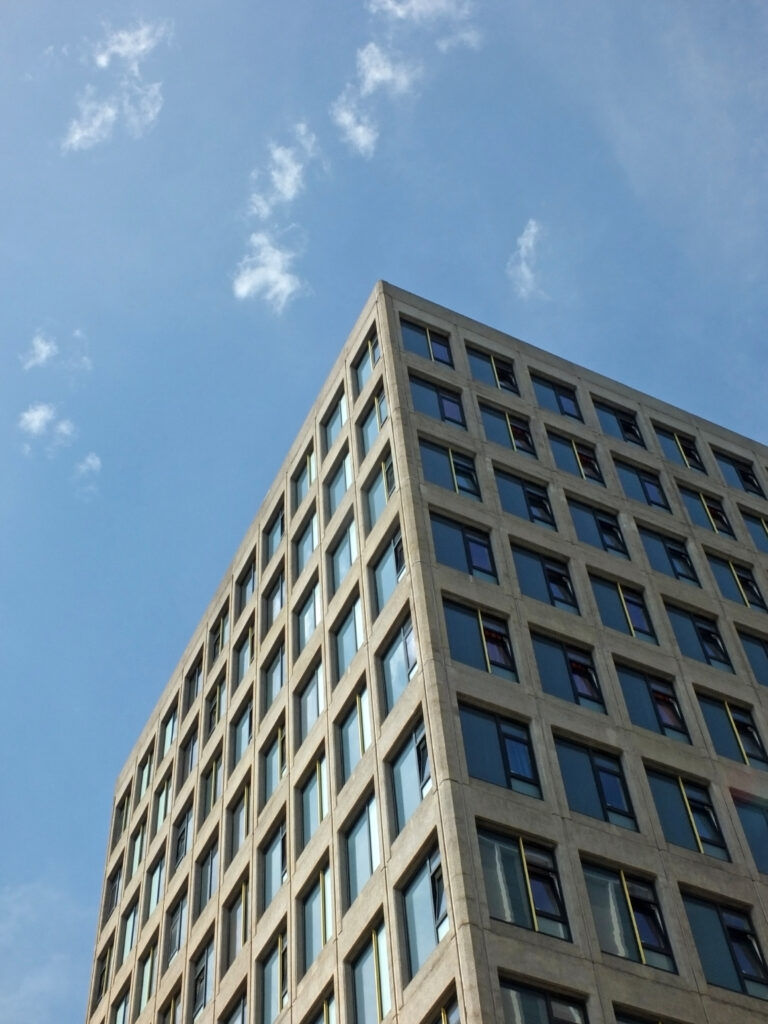Tim Darwall-Smith, Director, SBA Property Management

Last week, Michael Gove announced that the government would be focusing on the protection of people living in residential blocks against having to pay the sometimes astronomical cost of replacing cladding on their buildings.
While buildings over 18m high were the government’s main priority when addressing dangerous cladding practices, those that fell below this threshold still faced issues around cladding, insulation and fire breaks.
So although it is therefore welcome news that the government is adding £4bn to its Building Safety Fund (BSF) to address these issues on smaller properties, there have been substantial delays in the processing of applications, stretching back several years.
At SBA, we manage a range of residential blocks, four of which were originally affected by the cladding crisis.
One of these, located close to Canary Wharf, has over 300 apartments and while not clad in the ACM-material panels that were installed at Grenfell, it was deemed necessary to undertake some remedial work before the required EWS1 could be issued.
Being over 18 metres high, the works costs were in theory covered by the £1Billion funding put in place by the Government in 2020 to support the remediation of unsafe non-ACM cladding systems on residential buildings. However, our application has still not been processed and remains pending to this day, as are many others in a similar position.
Not wishing to delay this vital work and put the building at risk, the building owners have stepped in and begun to undertake the necessary remedial work. They have also confirmed that the leaseholders would not be asked to contribute towards the costs involved, a huge relief to all. Without this intervention, tenants would potentially have faced a bill of tens of thousands per apartment.
We also applied for funding to replace cladding on a smaller block of 99 privately-owned apartments near Kings Cross. Once again, the application has not been progressed by the BSF. In this instance the leaseholders have acquired the freehold ownership of the building through collective enfranchisement. For blocks such as these, that are in private ownership with no support available from a third party, there is little recourse, with residents again potentially facing costs of more than £10,000 per flat.
While the government has extended the timeline for residents to pursue developers in the courts, there is no guarantee that they would win, compounding the uncertainty and misery faced by residents, who would potentially have to pay both the remediation costs and court fees should they go down that road.
Additionally, mortgagees will not provide funding on such buildings without an EWS1 form – a form that confirms that an external wall system has been assessed for safety by a suitable expert, in line with government guidance and backed by the Royal Institution of Chartered Surveyors (RICS). The EWS1 form can’t be acquired before the works have been completed, but the works very often can’t be completed (and paid for by the leaseholders), if they can’t obtain the funding from their mortgagees or the BSF. This can put ordinary people in a potentially catastrophic catch-22 situation.
With ongoing delays and myriad issues facing people living in these affected blocks, our professional body, ARMA (the Association of Residential Managing Agents) has been working behind the scenes to try and alleviate these issues.
As ARMA members, we fully support their move to engage with DLUHC (Department for Levelling Up, Housing & Communities) and MPs on the Building Safety Fund, and we’ve added our voice and contributed data on the financial impacts of the blocks that we manage, to provide a complete picture of the scale of this crisis.
One of our primary commitments is to the safeguarding of the buildings that we manage and the residents that live there, and we will continue to work alongside ARMA in their efforts to lobby the government and ensure, as far as practically possible, that residents are not out of pocket for something over which they could have had no control.